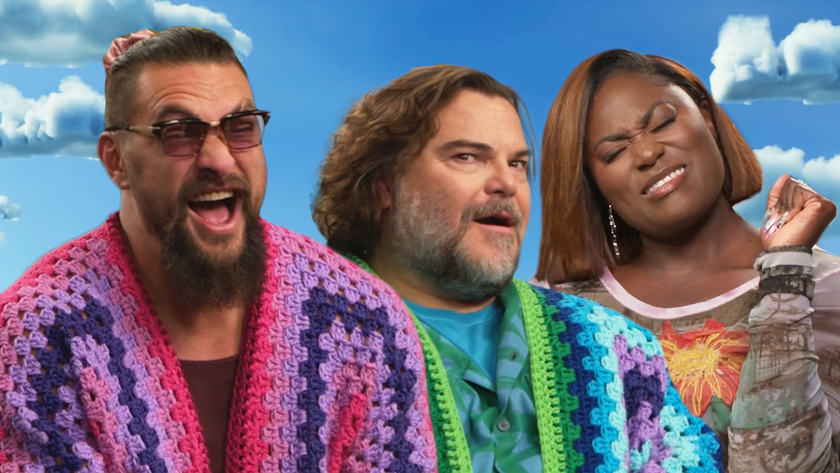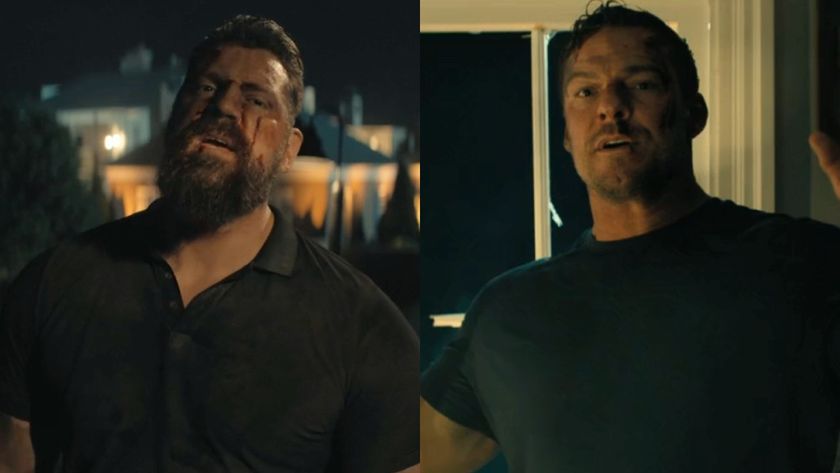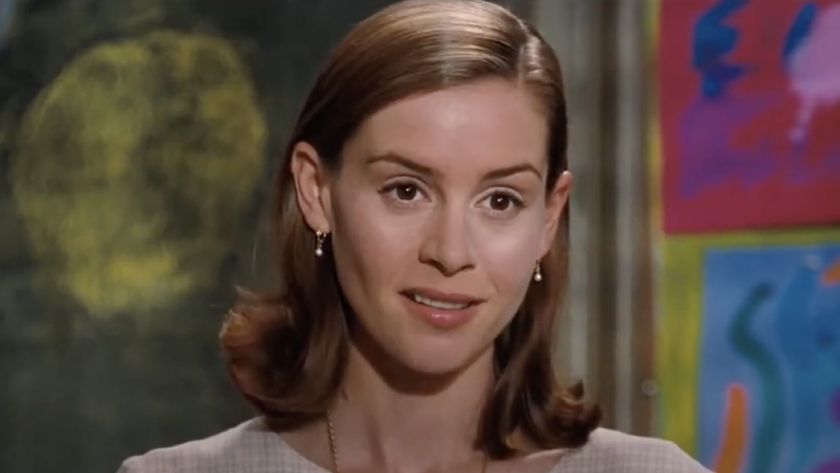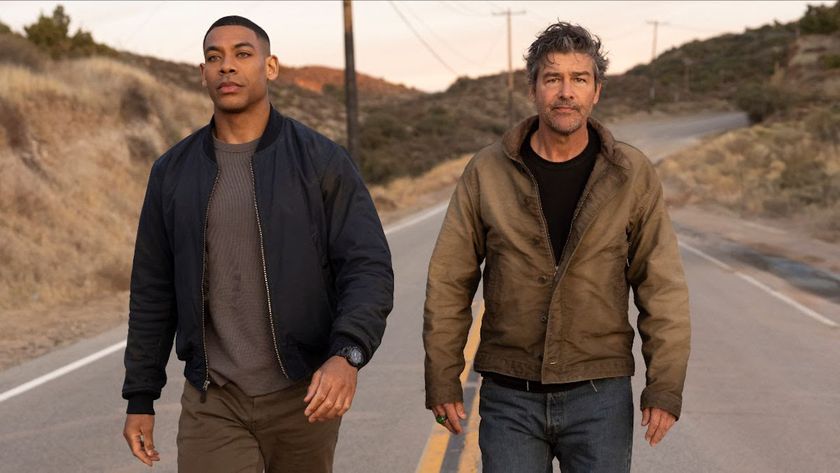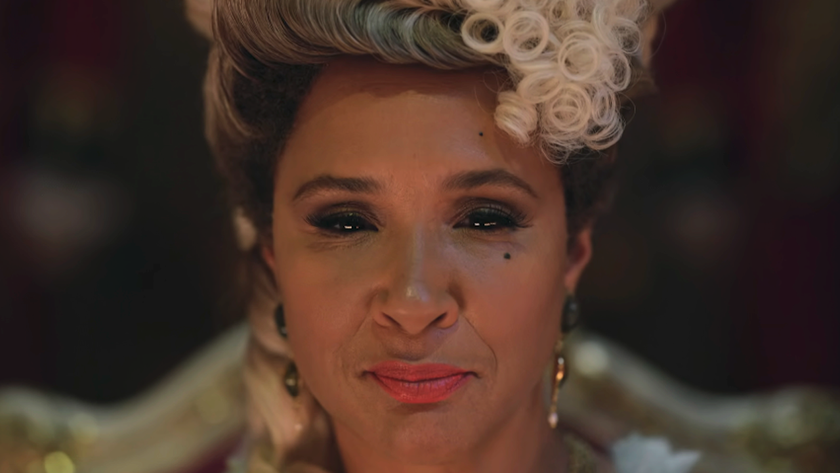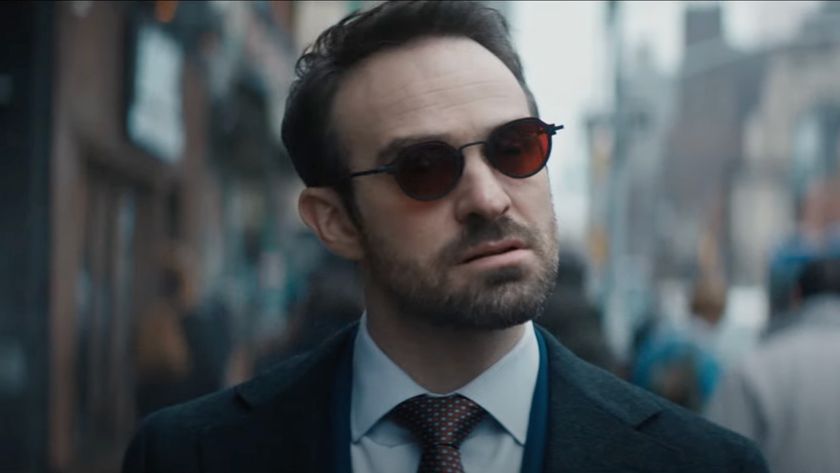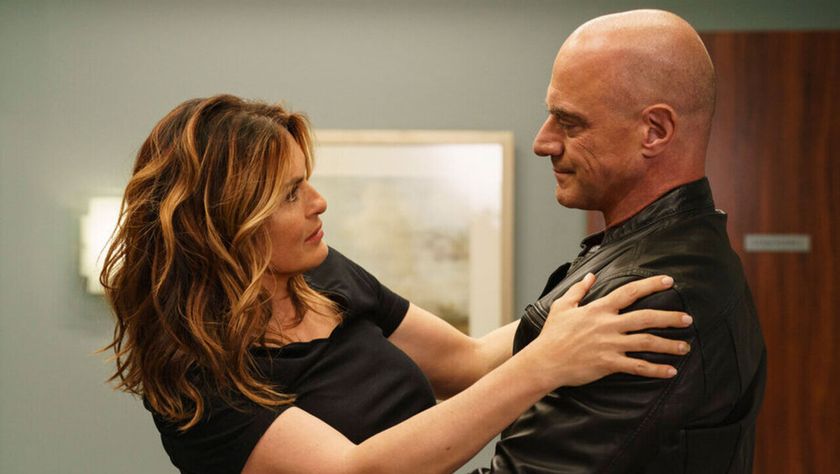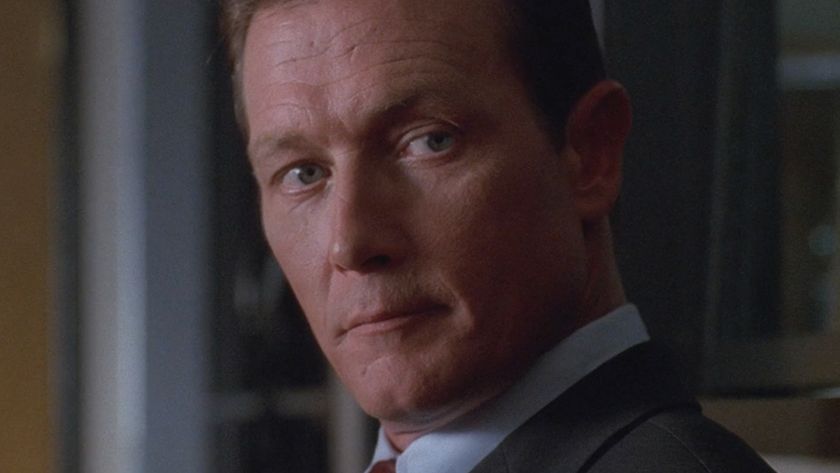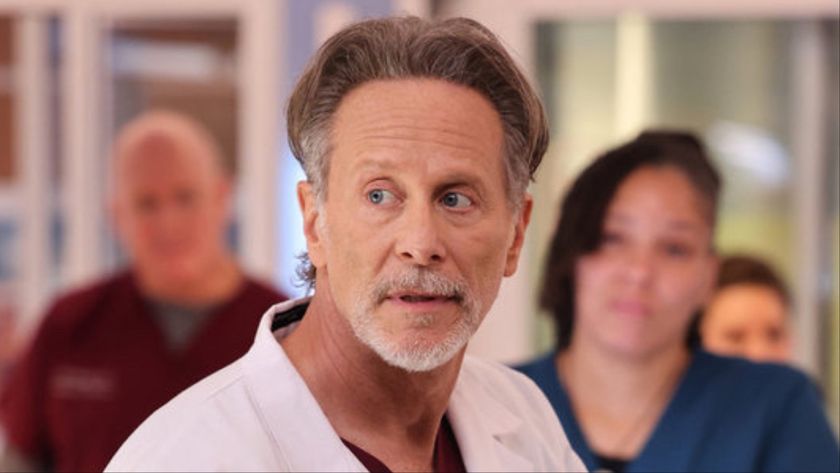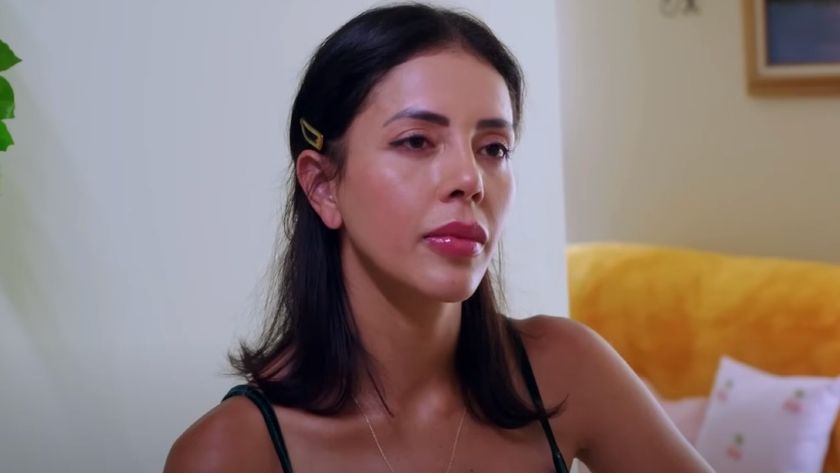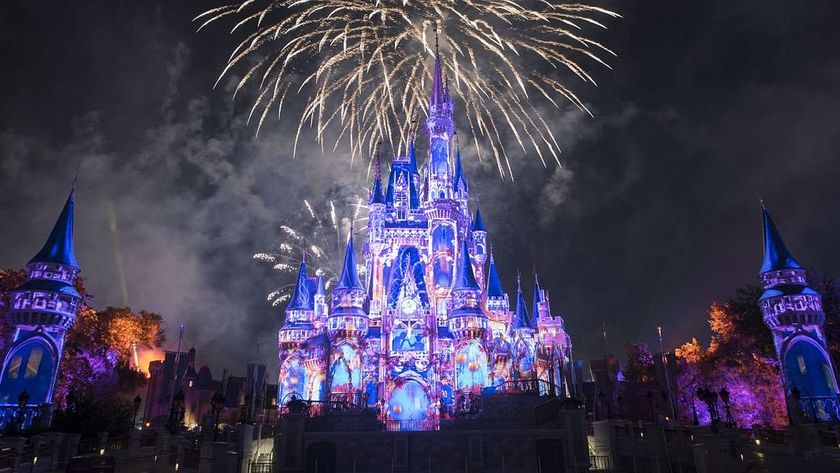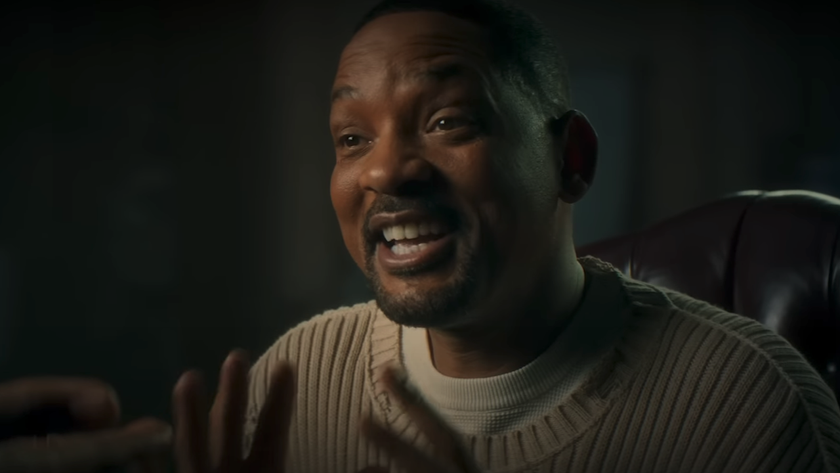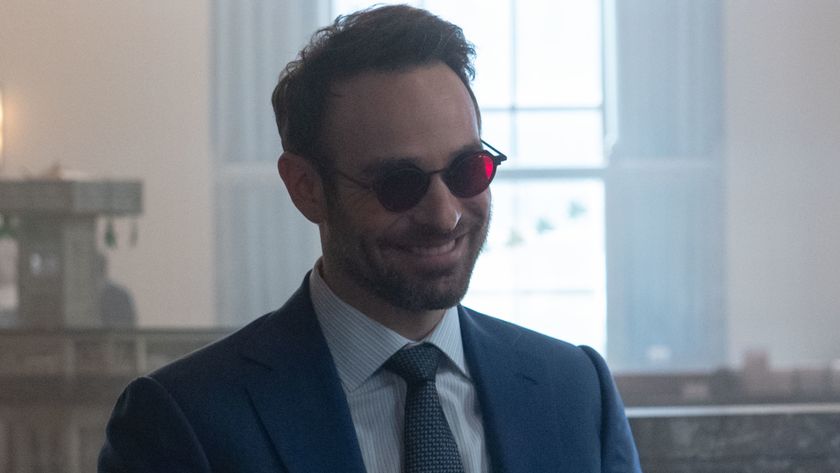Interview: Doug Pray, Director of Surfwise

Doug Pray has accomplished a handful of seemingly impossible tasks with his new film, Surfwise. First of all he managed to get interviews with all the members of the Paskowitz family, from parents Doc and Juliette to all nine of the children. That’s even more impressive considering that the family has been squabbling for years, and the first interviewee, David, hadn’t spoken to a single member of his family in six years. Second, Pray managed to make a film about a doctor who abandons the practice, moves his family into a camper and teaches all of his children to be world-class surfers, all without sensationalizing or condemning a single person. This is a family in which the parents had sex in front of the kids, never sent them to school, and never allowed them to eat any fat or any sugar. Yes, it’s safe to say that the Paskowitzes were not much like you or me.
Or, well, maybe they are. Pray says that, after seeing Surfwise, audiences have come up to him identifying wholeheartedly with the motley crew of a family. And talking to Pray you realize how much of patriarch Doc’s philosophy resonates with him; even though he’s not a surfer, he finds himself talking about the wisdom to be found in riding the waves. An independent documentary filmmaker for years, Pray talked about making his first film with studio backing from the get-go (Surfwise is being released theatrically through Magnolia Pictures and on-demand through HDNet) and how to make a movie about a family without getting involved yourself. The answer: you can’t.
Surfwise comes out in theaters on May 9. Check back later this week for interviews with Doc and Juliette Paskowitz, along with two of their sons, Josh and Jonathan. Jonathan is also the producer of Surfwise.
How long were you planning this documentary before it was made?
Out of all my documentaries, this is the first one where we knew the plan from the start. That’s totally a lie. We spent two or three years looking for financing and playing the game, but then we hooked up with HDNet.
How do you feel about HDNet’s on-demand release plan?
All the rules are being broken all the time. There’s no such thing as a normal distribution at all anymore. I have two movies coming out, one in May and one in June [Big Rig comes out in June]. They couldn’t be more different, and they’re being distributed in entirely different ways. I can’t wait to see how they do vis a vis each other.
CINEMABLEND NEWSLETTER
Your Daily Blend of Entertainment News
Did partnering with HDNet change the way you filmed it at all?
The only difference having a company involved while you filmed is, they care a lot about the story. That’s only a good thing. I could take that the wrong way and say hey, I’m the boss, this is a Doug Pray film, but that’s just ridiculous. The input I got from people like Jason Kliot from HDNet, it was invaluable. They worked very hard on this. You always need people on the outside to kick your ass.
How did you manage to tell the story of all nine of the children in the Paskowitz family?
It’s interesting. The difficulty of the movie was really not the amount of children—we joke about that. I had in-depth interviews with all nine kids. It was balancing all the intense threads that seemed to come into Doc’s life. It was very difficult to figure out the different threads. I could have made an entire movie about Israel, Judaism and the Holocaust, how that propelled him in some way into taking a different course. I could have made the movie all about sex—sexuality, raising your kids in and around sexuality, how that affects them, what the deal is, what his theories are about that. I could have made the film all about surfing, and the wisdom of the waves, and the sun and how it affects us. He can go on for hours about that and it’s beautiful. I could have made a movie all about home-schooling, because those issues are huge in the movie. Every screening we have had at festivals, there’s been at least two or three people who come up to me and say something like “I was home-schooled.” It’s hitting them on a really profound level. Whether that’s good or bad, whether they liked the experience or have regrets. All these different threads are great. I like that about the movie. I like that about his life.
It’s interesting that it hits so close to home for people, because nobody else grew up the way the Paskowitz kids did.
Everyone can relate to a story about a strong father, even if they didn’t have one. I have kids, and I can relate to this whole freedom vs. authority issue. There’s a lot of contrast in the film between Doc having very strict rules for the kids, and then letting them run out on their own.
He really believes in kids raising themselves, and having to learn about their lives. He said something interesting today that I really wish was a quote in the film. I’d give anything to take that sound bite and jam it in there. He said, ‘Up until puberty, my kids lived the ideal, perfect life. And then they completely rebelled.’
With the children being so different from each other, and having separated themselves from the family, how did you get them all for interviews? David, for example, hadn’t seen his family for six years.
When I began making the movie, David was totally estranged. I thought I wouldn’t get him for the film. As it turns out, if I had been any other director in the world, he wouldn’t have given the interview. He just happened to love my first two music films, Hype and Scratch. The day I called him, probably literally shaking thinking ‘Oh God, I’ve got to get this interview’—he just said ‘Oh, I know your films,” and it worked. He granted an interview, and he was the first interview we ever did. As you know the movie now, it’s interesting because he kind of gave me the movie on a silver platter, in the sense of conflict. I felt really, really lucky. He was so honest, and so candid about his feelings.
I assume that you had something to do with organizing the family reunion at the end of the film.
Absolutely, but I don’t want that to be said in way like we sat around and said, ‘Oh, I know! We should have a reunion!’ When you make a documentary film, you affect the people you’re working with hugely. It’s more like, when we began the family was at odds, and they were estranged. When you’re interviewing somebody you’re essentially a therapist. You’re not trying to be, but you’re saying, ‘How do you feel about your father? How do you feel about your past? Tell me more about your feelings.’ I don’t know how much the family talked during all of that, but it has a therapeutic effect. You start looking at your life as a story—a pretty interesting story--and less as a problem. During the course of making the movie, it was clear that it would make sense to have a reunion. They came up with the idea, and we filmed it.
And the movie could have been so depressing without that reunion at the end.
Yes. It could have been a really depressing movie without it. And that would have been wrong. While I knew that making a tribute puff piece would have been a really stupid movie, at the same time, if it becomes too much about pain, you start going ‘Why am I making this movie? Why am I messing with this family?’ If the point of the movie doesn’t in some way at least inspire somebody on a basic level of... ‘A screwed up family can still be a together family.’ That’s one major theme. ‘Follow your dreams. There’s a price to pay, but it’s always better to follow your dreams than not.’ To me, that’s the final word. There’s a lot of people who watch the movie and go, ‘Oh, that guy’s so screwed up, I can’t believe he did that with his kid.’ I just hope they’re also getting, ‘You know, he did something. With a capital D.’ Those kids actually lived a really interesting life. So I defend it. In the end, I defend it. Life’s just not like that. There’s nobody who’s great and out there who doesn’t have conflicts in a complex life.
The family is the ultimate example of families loving each other no matter what. Exactly. You asked earlier, isn’t it weird that people can relate to this family? You don’t have to be a surfer or anything. Who can’t relate to a son hugging his mom and having a family reunion for the first time in ten years? It’s so simple.
The Paskowitzes really seem to like each other when you see them together.
They do. They have difficulties, and even right now there’s other issues going on. But they do. They’re a tribe. We almost named the movie something to do with “tribe.” There was something tribe-like about the way they lived together and caravanned together and surfed together. Even to this day, when they’re together, they’re that tribe again. It’s an incredibly powerful family, and not in any of the ways that society defines power.
Were you ever worried about being too hard on the family, or too easy?
I was worried it was going to be too friendly. Then I was really worried that it could get too dark and depressing too. Either one was entirely unacceptable to me. Some critics have already felt like it’s manipulated a happy ending. I’m like, well, you don’t have to live with the family. These are real people. The job of a film is to entertain, but at the end, you have a relationship and a responsibility to your subjects. If you disregard that then you’re a bad person.
One last question: What does Surfwise mean?
It’s sort of like if you take a movie about kids on the street and it’s called Streetwise. If you’re wise to the waves, then you gain wisdom. Doc talks a lot about wisdom. He talks about wisdom in the waves.
Staff Writer at CinemaBlend

